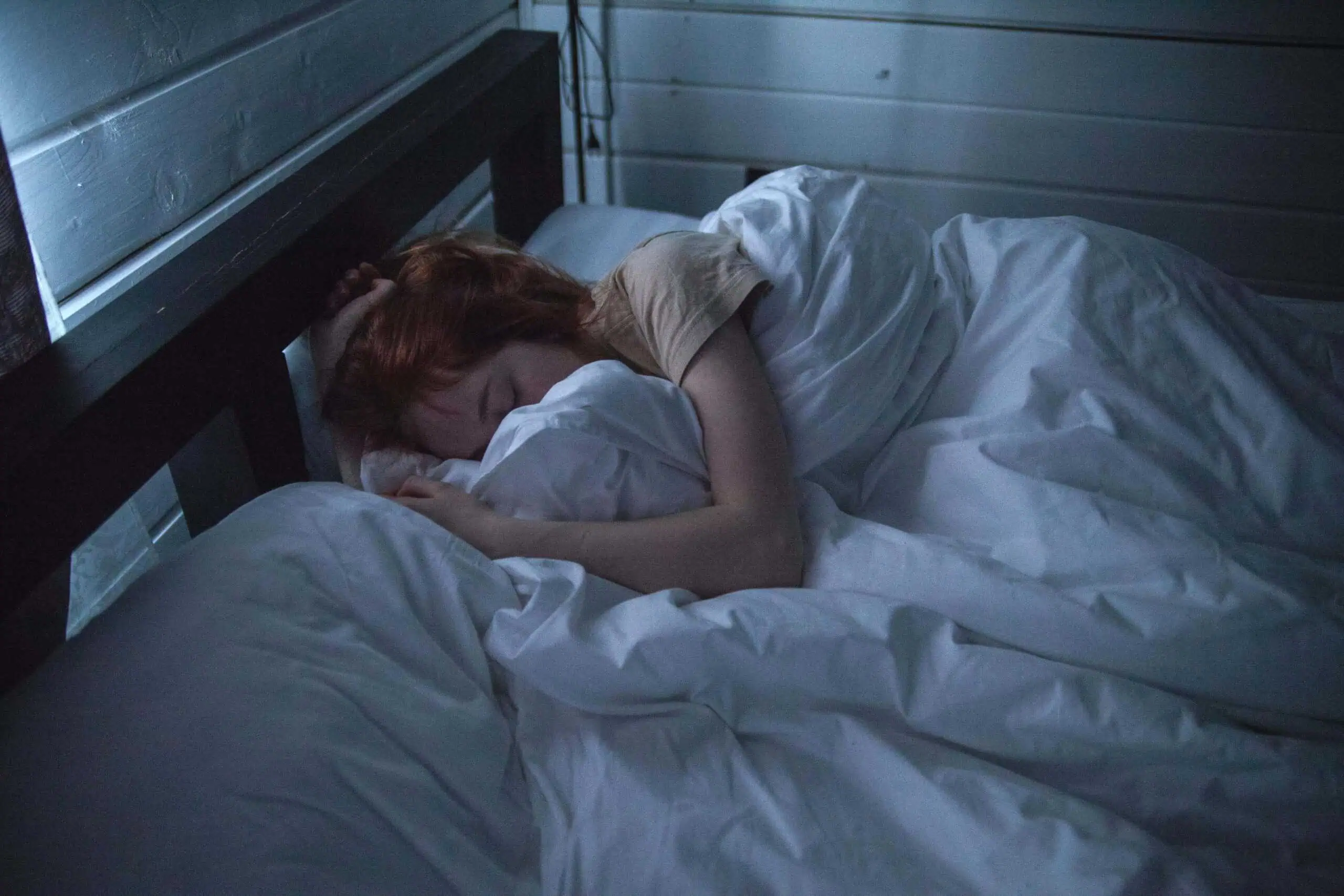Mouth taping has gained popularity in recent years, with some claiming it helps reduce mouth breathing during sleep. The idea is simple: place a piece of medical or hypoallergenic tape over your mouth to encourage nose breathing, which is believed to have health benefits such as better sleep and improved oral health. But while the concept sounds appealing, there are potential risks to your oral health that you should be aware of before trying this trend.
What Is Mouth Taping?
Mouth taping involves sticking a small piece of medical or hypoallergenic tape over your lips while you sleep to keep your mouth closed. Supporters of the practice believe that by forcing yourself to breathe through your nose, you can not only improve the quality of your sleep but also reduce snoring and enhance oxygen intake through the nose, which can help improve overall health.
While these benefits sound great in theory, the reality may not be as simple. Although many believe mouth taping can reduce mouth breathing, it’s not always the best solution for everyone.
Can Mouth Taping Really Reduce Mouth Breathing?
Many people who struggle with snoring or poor sleep may resort to mouth taping, hoping it will encourage them to breathe through their nose. While nose breathing is generally healthier for a number of reasons – such as promoting better oxygen levels and filtering the air better – it’s not always easy for everyone to switch to nose breathing, especially during sleep.
In fact, some individuals may have underlying issues, such as nasal congestion, allergies, or sleep apnea, that make nose breathing difficult or impossible, no matter how much tape they use. Forcing mouth breathing with tape may lead to discomfort or even worsening symptoms of these conditions.
However, if you’re still breathing through your mouth at night due to nasal blockages or other conditions, the tape could be ineffective or even harmful.
The Risks to Your Oral Health
Even if mouth taping seems to help reduce mouth breathing, it could create several risks for your oral health. Here are a few concerns you should keep in mind:
- Dry Mouth
When you tape your mouth shut, you may not realize you’re still breathing through your mouth, especially when exhaling or if your nasal passages become blocked during sleep. This can lead to dry mouth, a condition that occurs when there’s not enough saliva to keep your mouth moist.
Why it matters: Saliva helps protect your teeth and gums from harmful bacteria. Without it, bacteria can thrive.
- Increased Risk of Gum Disease
Dry mouth is a breeding ground for bacteria, and the buildup of plaque around your gums can lead to gingivitis or even more severe gum disease.
What to watch out for:
- Swollen or red gums
- Bleeding when brushing or flossing
- Persistent bad breath
- Tooth Decay
Saliva does more than keep your mouth moist – it also helps neutralize acids that can cause tooth decay. Without adequate saliva, your teeth become more vulnerable to cavities and decay, especially after a long night of mouth taping.
- Skin Irritation
The adhesive on the tape can cause irritation to the sensitive skin around your lips. This may lead to rashes or small sores, which could be uncomfortable and increase the risk of infection.
What Can You Do Instead of Mouth Taping?
If you’re concerned about mouth breathing, there are safer alternatives to mouth taping that can help improve your sleep and protect your oral health:
- Treat Nasal Congestion
If you have allergies or a blocked nose, talk to your doctor about treatments to clear your nasal passages so you can breathe more easily through your nose.
- Use a Humidifier
A humidifier can add moisture to the air, preventing your nasal passages and mouth from drying out while you sleep.
- Practice Breathing Exercises
Training yourself to breathe through your nose during the day can make it easier to continue nose breathing while you sleep.
- Consider an Oral Appliance
If snoring or mouth breathing is a major issue, your dentist in Houston can recommend an oral appliance that helps keep your mouth closed without the risks of tape.
While mouth taping might seem like a simple solution to encourage nose breathing, it may not be the best choice for everyone and requires additional research. For people with nasal congestion, sleep apnea, or other issues, mouth taping could be uncomfortable, ineffective, or even harmful to your oral health.
If you’re considering mouth taping, it’s essential to talk to your Houston dentist or doctor about whether it’s a safe option for you. They can help you explore other ways to reduce mouth breathing and improve your sleep without putting your oral or overall health at risk.

